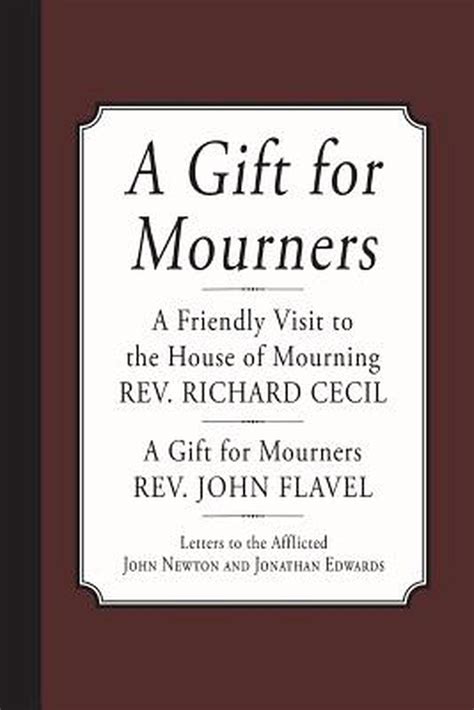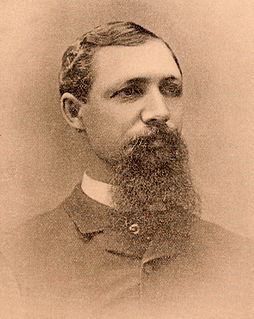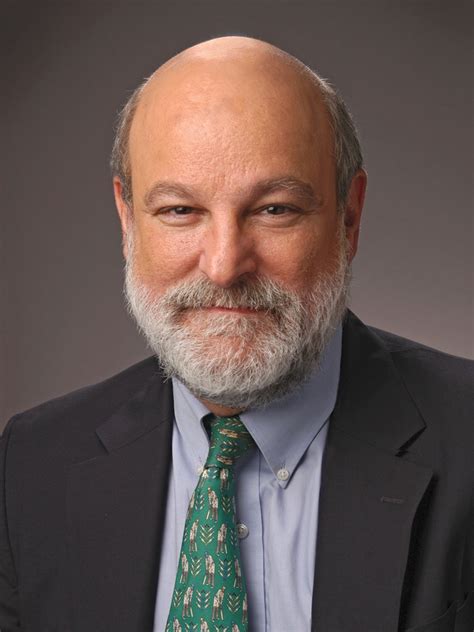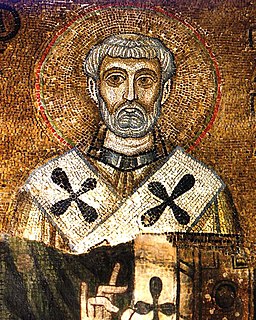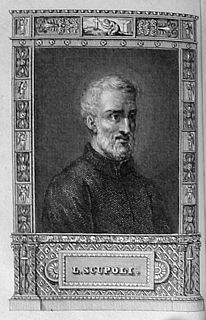A Quote by Richard Cecil
The religion of a sinner stands on two pillars; namely, what Christ did for us in the flesh, and what he performs in us by his Spirit. Most errors arise from an attempt to separate these two.
Related Quotes
When the New Testament speaks about the fullness of grace which we find in Christ, it does not mean only forgiveness, pardon and justification. Christ has done much more for us. He died for us, but he also lived for us. Now he has sent his own Spirit to us so that we might draw on his strength. He grew in grace, and when we draw on his power we shall likewise grow in grace.
This doctrine of forgiveness of sin is a premium on crime. Forgive us our sins means Let us continue in our iniquity. It is one of the most pernicious of doctrines, and one of the most fruitful sources of immorality. It has been the chief cause of making Christian nations the most immoral of nations. In teaching this doctrine Christ committed a sin for which his death did not atone, and which can never be forgiven. There is no forgiveness of sin. Every cause has its effect; every sinner must suffer the consequences of his sins.
I do not know what might be the most fitting description.... I am a sinner. This is the most accurate definition. It is not a figure of speech, a literary genre. I am a sinner. And this is what I said when they asked me if I would accept my election as pontiff: I am a sinner, but I trust in the infinite mercy and patience of our Lord Jesus Christ, and I accept in a spirit of penance.
Who can describe the bond of God's love? Who is able to explain the majesty of its beauty? The height to which love leads is indescribable. ... In love the master received us, Jesus Christ our Lord, in accordance with God's will gave his blood for us, and his flesh for our flesh, and his life for our lives.
Anything that suffers and dies instead of us is Christ; if they didn't kill birds and fish they would have killed us. The animals die that we may live, they are substitute people, hunters in the fall killing the deer, that is Christ also. And we eat them, out of cans or otherwise; we are eaters of death, dead Christ-flesh resurrecting inside us, granting us life. Canned Spam, canned Jesus, even the plants must be Christ.
The flesh is what traps us, because no one has ever chosen his or her body to live in, has he? It's the flesh that makes us sick, that makes us old and that eventually ends up killing us. But at the same time, it's that glorious flesh that enables us to scratch heaven through sensuality, through passion. Paradoxically, the flesh that kills us will also make us feel eternal for a brief moment because that's what we are in passion, eternal - we abandon ourselves, we give ourselves to the other, so much that when we are loving passionately, death doesn't exist.
Our Lord Christ Himself strikes down our enemies through us, or in company with us. For he who eats Christ's flesh and drinks His blood abides with Christ and He in him. Therefore, when we overcome the enemies, it is the blood of Christ which overcomes, as it is written in Revelation: 'and they overcame him by the blood of the Lamb'
